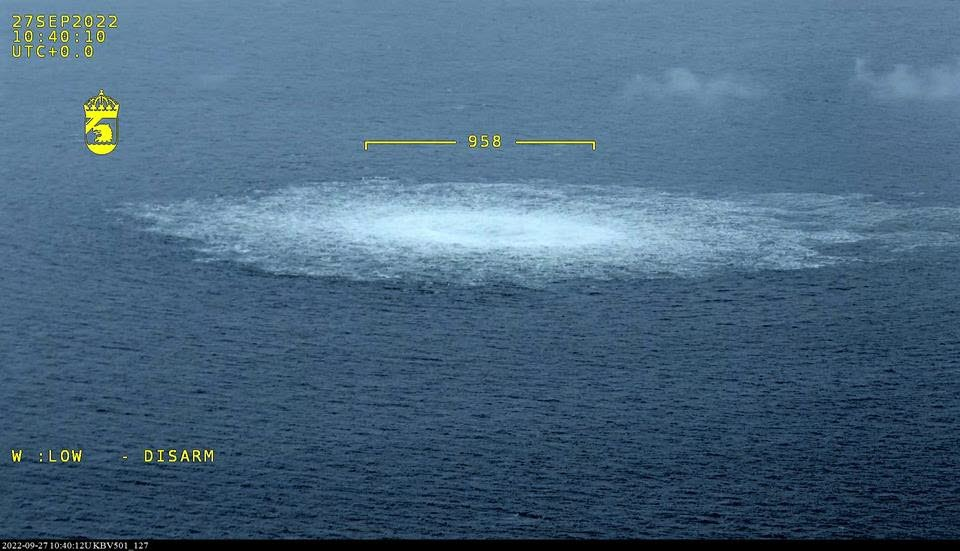Norway and Germany have signed a proposal to strengthen NATO’s role in protecting critical undersea infrastructure across vast maritime areas in NATO’s area of responsibility.
At the meeting of NATO defence ministers in Brussels on October 17, Norway’s minister of defence Bjørn Arild Gram met his German counterpart Boris Pistorius for a bilateral meeting.
They also signed a statement on a proposal to strengthen critical undersea infrastructure in Europe, in the wake of the damage to the Nord-Stream and Baltic Connector Pipelines.
In November 2022, chancellor Scholz and prime minister Støre proposed an initiative to the former secretary general Stoltenberg to strengthen NATO’s role in the protection of critical undersea infrastructure.
NATO Allies have been collaborating since then to ensure their undersea infrastructure was safe from either an accident or deliberate sabotage.
“Germany and Norway are determined to take this important work forward. As an Alliance, we have vast maritime areas in the Black Sea, the Mediterranean Sea, the Atlantic Ocean and the North and Baltic Seas. They are covered with undersea infrastructure ensuring the safe delivery of energy and communication. So, we need to continue to join forces,” said Norway’s Minister of Defence Bjørn Arild Gram.
“Hybrid attacks against critical underwater infrastructure pose a considerable threat to our economy, our communications, our energy supply. Together, Germany and Norway have made concrete proposals to build on this first initiative to further strengthen NATO’s role in the protection of critical undersea infrastructure as part of our deterrence and defence,” said Germany’s Minister of Defence Boris Pistorius.
NATO earlier launched the new Maritime Centre for Security of Critical Undersea Infrastructure, dedicated to the security of thousands of miles of undersea energy pipelines and cables, which are vulnerable to attacks aimed at disrupting energy supply, global communications and economic activity.
The NATO Maritime Centre for Security of Critical Undersea Infrastructure (CUI) is a networking and knowledge center, which assists Commander of the NATO Allied Maritime Command in UK in making decisions, deploying forces and coordinating action.
The centre reached Initial Operational Capability, known as IOC, a significant milestone in May 2024.
Furthermore, Norway and Germany propose the creation of five regional CUI Hubs for five maritime areas: Baltic Sea, North Sea, Atlantic, Mediterranean Sea and Black Sea. These five hubs could be provided by an Ally or a group of Allies.
The Hubs would monitor underwater infrastructure and bring in regional expertise to improve situational awareness in the underwater domain.
Personnel and capabilities of respective national authorities could be used to detect suspicious activities and deter potential adversaries.
Norway is offering to implement a CUI Hub for the High North. Germany is willing and determined to take responsibility in the Baltic Sea.



